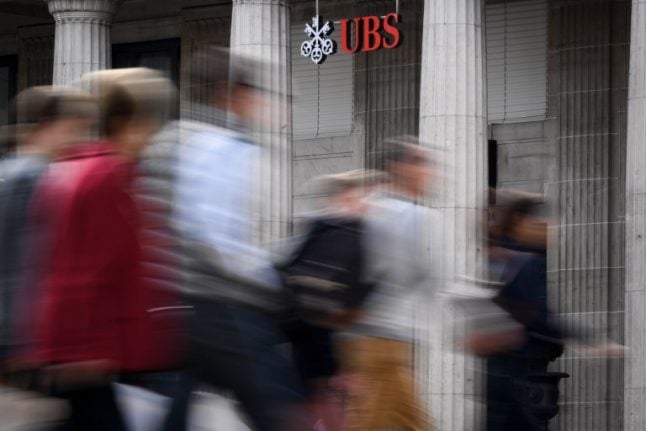Ronald Greenidge, who managed Kweku Adoboli from 2008 until April 2011, said he had no idea the trader had been using fake trades to hide his losses until presented with a "bombshell email" on September 14th last year.
In extracts of Adoboli's email presented to the court, the defendant explained that he had exceeded his trade limit through unauthorized deals and created fake "hedge" trades to hide his exposure to the market.
When asked what his immediate reaction was to the email, Greenidge said he thought "this can't be true."
"I could not believe someone I worked with at the time would do something like that," he added.
Greenidge, who no longer works for UBS, explained that he summoned Adoboli, 32, for an immediate meeting, at which he asked the London-based trader how he had built "phenomenally large" exposure "without alarm bells going off".
Adoboli explained that he had created fictitious trades while working on the bank's Exchange-Traded Fund desk and had given plausible explanations whenever quizzed by the bank's accountants, the court heard.
The defendant admitted during the meeting that he had been booking false deals since 2008, using abnormally long settlement dates to give him time to eventually settle the discrepancies, jurors at Southwark Crown Court heard.
Only when the market turned sharply against him in June 2011 was Adoboli unable to buy enough time to settle his account, although Greenidge revealed that the trader told him he had had a "brief window" to close his position.
Earlier, the accountant who uncovered the alleged "rogue trades" told of the panic which swept through the bank as the defendant's story unravelled.
Steward told the court that he informed Adoboli in a phone call that the bank had a "problem" if his counterparties did not pay up the money owed.
He also warned Adoboli that "everyone (at the bank) was getting very excited".
The trades were causing a "great deal of anxiety" in the back office, the part of the bank which ensures that traders' books balance, he said.
In fact, the court heard, there never was a counterparty as the trades were fictitious.
According to Steward, the bank's automatic warning system had failed to flag up the exposure to its credit risk management department.
The defence said the bank's accountants commonly created "dummy deals" similar to the ones used by Adoboli to hide his losses.
Steward argued that the UBS dummy deals were "absolutely not" the same as the fictitious deals allegedly carried out by Adoboli as they always had a genuine counterparty.
They "bore a bit of a resemblance to what he claimed he was up to, but not to what he was actually up to," Steward told the court.
The trial has heard that Adoboli caused "chaos and disaster" at Switzerland's largest bank when he "gambled away" $2.3 billion in trades at its London offices.
Adoboli denies two charges of fraud and two of false accounting between 2008 and September last year.


 Please whitelist us to continue reading.
Please whitelist us to continue reading.
Member comments